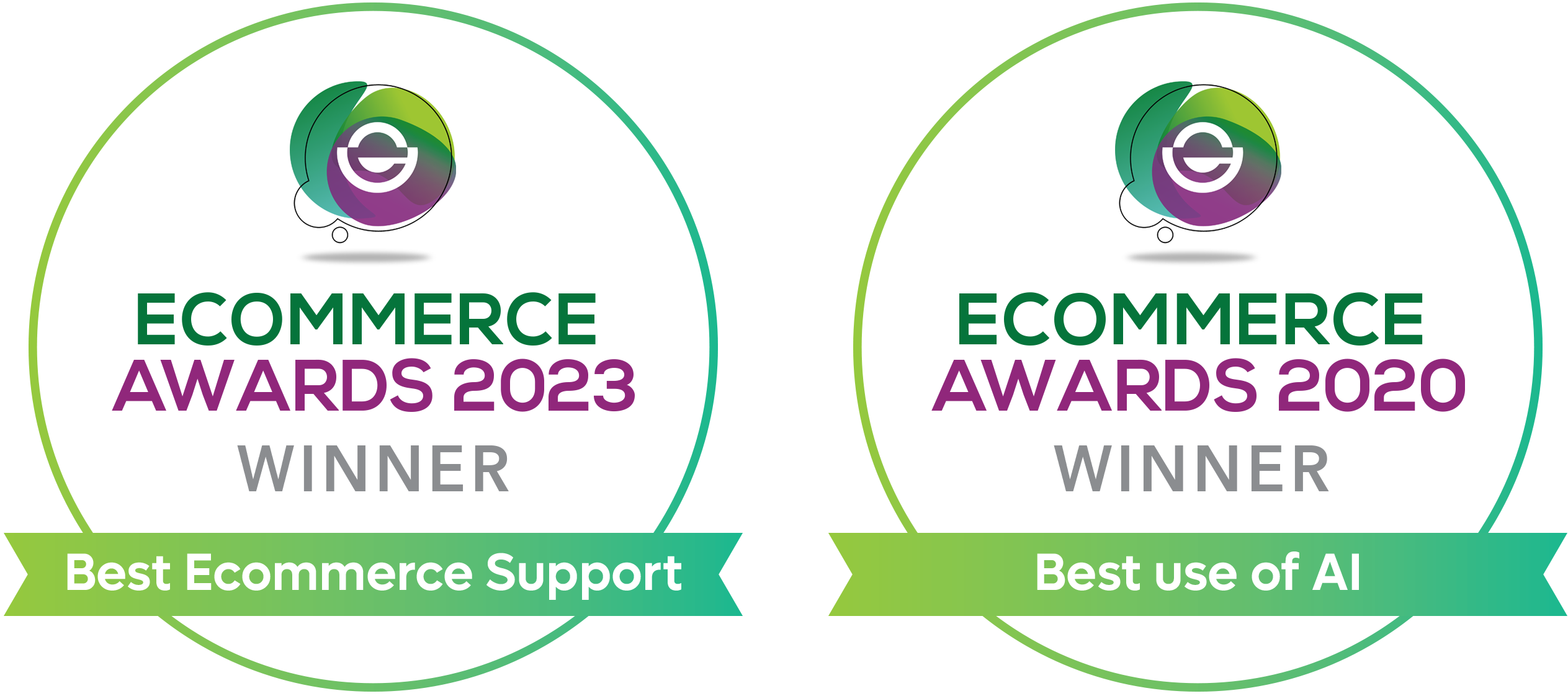Leveraging predictive analytics to help revive your ecommerce
Ecommerce providers are always looking for ways to better connect with potential buyers and provide the best possible experience for their customers. Smarter data-driven approaches are essential given the challenges of selling online in the face of intense competition and rising digital marketing costs. The most successful eCommerce platforms are moving beyond the basics of Google Analytics and into the realm of predictive analytics. So what opportunities can predictive analytics offer?
Predicting customer behavior
For the companies that collect and analyze data from marketing campaigns the next step is to move from insight to action. However, data analytics is challenging due to the enormous amounts of data generated online. Machine learning is increasingly being employed to find meaningful insights and help marketers to make the most commercially robust decisions related to the marketing strategy. For example, predictive propensity modelling allows for segmentation of users by identifying the likelihood to convert and this provides actionable intelligence about the next action for the marketing team to take in relation to each user. Customers and website users who are scored with a high likelihood to buy might be removed from the next steps in the funnel to save the marketing budget since the conversion is much more likely to happen independently. While customers, with a low likelihood to buy, might get offers and other promotions depending on their individual customer journey behavior this may take more marketing budget to move towards a realistic conversion. It’s the customers with a mid-range score that offer the greatest opportunity to nudge towards conversion, and where predictive targeting and marketing can pay the biggest dividends.
Data analytics for sophisticated targeting and segmentation
Predictive analytics tools are helpful in establishing a more sophisticated and detailed segmentation that supports targeting. Analytical and machine learning approaches have proved to be very successful in gathering online and offline data and include not only online marketing campaigns, but also retail stores, call centres and traditional media advertising. The collected data is analyzed automatically to segment consumers and predict the behavior of each segment. This in turn allows marketers to build highly targeted and personalized campaigns based on the consumer journey of each individual segment. Today we find ourselves in a cookieless world where data collection and analysis is limited to the native data gathered directly by sellers, and so focussing on utilizing this first party data is proving to be a game changer for many online businesses. While major advertising platforms can only offer black box one size fits all tracking and modelling, machine learning algorithms built directly on this data are providing much more accurate results reflecting your unique customer base.
Building long term Customer Lifetime Value
Customer Lifetime Value measurement allows marketers to understand future spending and the relationship with each customer. Knowing this information, marketing teams and data analysts can predict the cost of acquisition and future ROI for the marketing campaigns for each customer segment. The aim is actionable insights to shape how to increase customer acquisition and retention. Moreover, when you know the accurate CLV for each customer, marketing investment in different channels becomes much more targeted, so that resources are most focussed on the highest value customers. These predictions are based on analysis of customer data, transactions and CRM data. As a further step, predictive analytics tools can provide intelligence on which particular customer attributes influence whether they will buy. These insights can greatly improve the decision making process with clear information regarding reasons for purchase, profit potential and which touch points and drivers in the customer user journey are the most effective, supporting overall acquisition and retention.
Changing the game for everyone
In conclusion, the game changing of predictive analytics means they should be on every business agenda, bringing together customer centricity with commercial KPIs. In the current cookieless world within a fast expanding digital eCommerce marketplace, accurate measurement should go beyond mass market analytics tools to online sellers getting closer to their own data. Machine learning is here to stay supporting automation and simplifying the processes for marketing teams, who increasingly rely on their own data for optimizing their marketing and acquisition strategies.
The best part is that as you tailor your ecommerce and marketing to each individual customer, you also create a better experience for them, by anticipating what they want and what they do not want, and adapting your offers and your communication accordingly. Forging deeper and more intelligent relationships with customers means that everyone wins.
Thanks for reading – we hope you learned something through this high-level tour of marketing effectiveness methods. If you want to learn more about expert data analytics using AI, or are interested in how Metageni can help you use your data to grow online, then do get in touch with us: hello@metageni.com
Gabriel Hughes PhD
Does this article resonate with you? Check out other posts to the right of this page.
Can we help unlock the value of your analytics and marketing data?
Metageni is a London UK based marketing analytics and optimisation company offering support for developing in-house capabilities.
Please email us at hello@metageni.com















